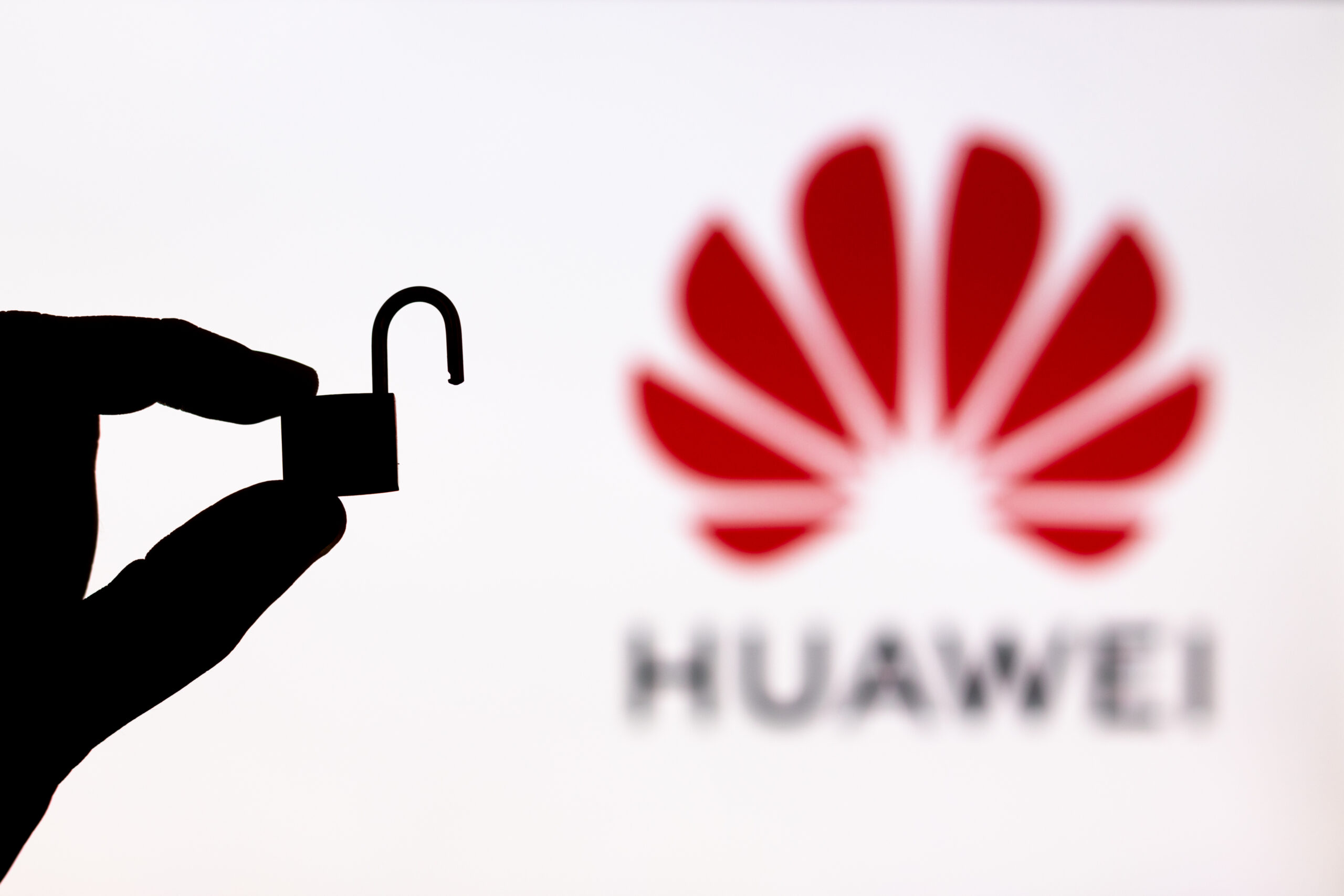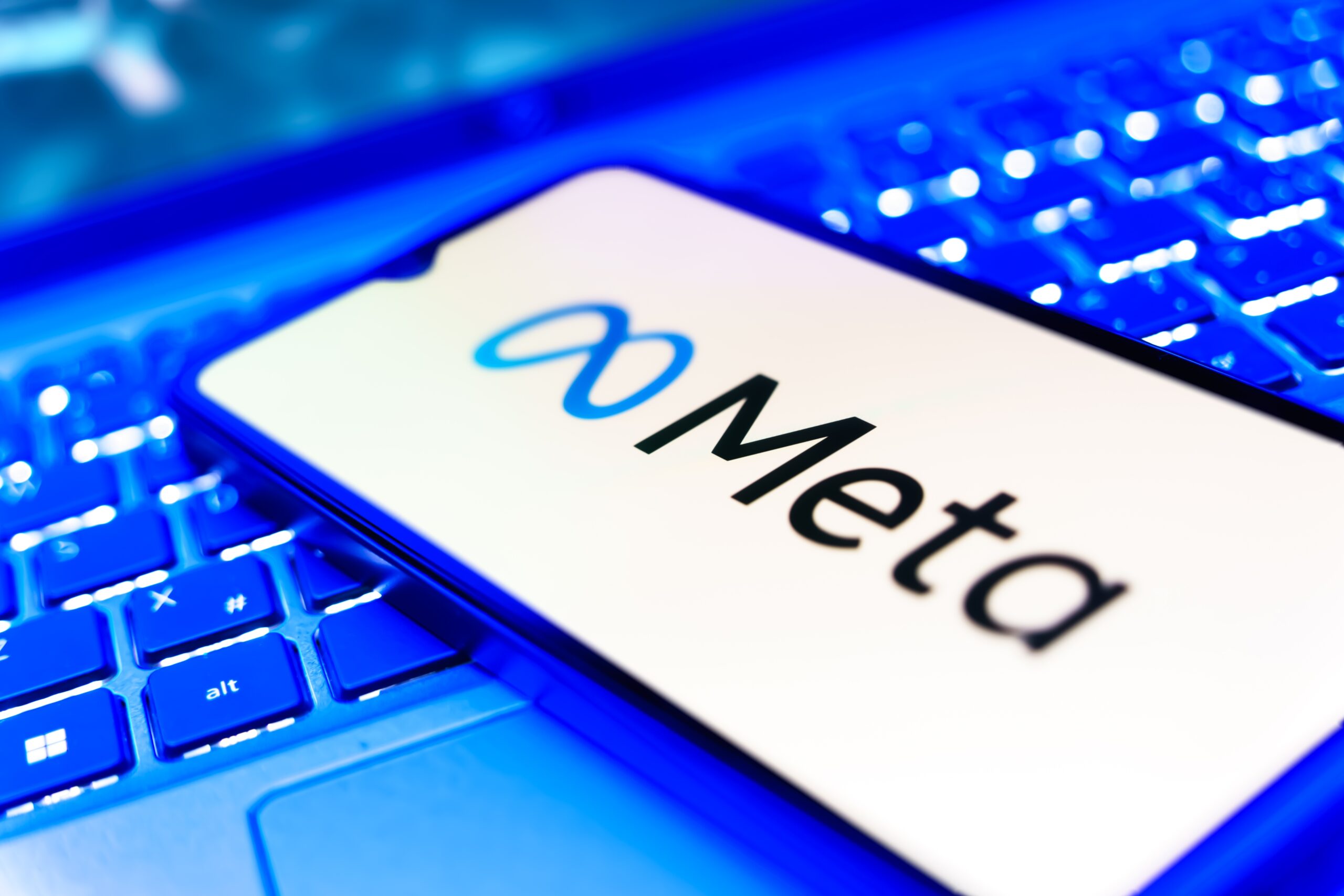Introduction
Brazil’s recent decision to ban X (formerly known as Twitter) has stirred significant debate both domestically and internationally. The move, driven by the government’s concerns over the spread of misinformation, hate speech, and other harmful content, raises profound questions about the balance between regulation and freedom of expression. This brief examines the motivations behind the ban, the broader implications for free speech in Brazil, and the potential risks this action poses to democratic discourse.
Context and Background
Over the past few years, Brazil has faced challenges in managing the digital information landscape. Misinformation, often spread through social media, has exacerbated political polarization, influenced elections, and fueled social unrest. Platform X, as one of the most influential social media platforms in Brazil, has been at the center of these issues. The government, citing the platform’s failure to adequately police harmful content, decided to impose an outright ban.
The decision comes in the wake of broader global discussions on regulating digital platforms. Countries around the world are grappling with how to hold tech companies accountable for the content they host without infringing on free speech. Brazil’s move, however, represents one of the more extreme measures taken in this regard.
A brief look into Brazil’s recent regulation regarding the regulation of digital platforms also provide an essential context to assess the recent ban.
- Marco Civil da Internet (Internet Civil Framework): Enacted in 2014, this law is often referred to as Brazil’s “Internet Constitution.” It establishes the rights and responsibilities of internet users and providers. Key provisions include the protection of net neutrality, privacy rights, and freedom of expression online. However, the Marco Civil also allows for the removal of content by court order, particularly in cases of defamatory content or hate speech. The government’s ban on Platform X may be seen as an extension of these regulatory powers, though it raises questions about proportionality and due process.
- Lei das Fake News (Fake News Law): Formally known as PL 2630/2020, this proposed legislation aims to combat the spread of misinformation online. The bill has faced significant controversy, with critics arguing that it could lead to censorship and the suppression of legitimate speech. Although not yet fully enacted, its provisions have influenced the government’s approach to regulating social media platforms, including the pressure on Platform X to comply with more stringent content moderation requirements.
- Electoral Law (Law No. 9,504/1997): Brazil’s electoral law includes provisions that govern the use of social media during election periods. The Superior Electoral Court (TSE) has taken an active role in monitoring and regulating online content to prevent the spread of misinformation that could affect electoral outcomes. The TSE has issued fines and sanctions against platforms that fail to comply with these regulations, and the ban on Platform X can be seen as part of this broader effort to ensure the integrity of Brazil’s elections.
Similarly, there have been some key court decisions regarding digital platforms:
- ADPF 403 (2019): In this landmark case, the Brazilian Supreme Court ruled on the limits of freedom of expression in the context of hate speech and misinformation. The Court upheld the need to balance free speech with the protection of other fundamental rights, such as dignity and equality. The decision has been cited in subsequent cases where the government sought to restrict online content, and it provides a legal foundation for actions like the ban on Platform X, though it also emphasizes the importance of proportionality.
- Injunctions by the Superior Electoral Court (TSE): During the 2022 presidential elections, the TSE issued several injunctions against social media platforms, including Platform X, for failing to remove false information related to the election. These injunctions included fines and temporary suspensions of services. The TSE’s actions demonstrate the judiciary’s willingness to intervene in the digital sphere to protect democratic processes, setting a precedent that may have influenced the decision to impose a more permanent ban on Platform X.
- STF Decision on Removal of Content (2021): The Brazilian Supreme Court ruled that platforms must remove content that violates Brazilian law, even if hosted on international servers. This decision reinforced the government’s ability to compel global tech companies to comply with local regulations, including those related to hate speech and misinformation. The ruling has been used to justify stringent measures against non-compliant platforms, contributing to the environment that led to the ban on Platform X.
The recent ban of X in Brazil is rooted in a legal conflict between the platform’s owner, Elon Musk, and Brazil’s Supreme Court, primarily represented by Justice Alexandre de Moraes. The ban is the culmination of several legal orders that X failed to comply with, particularly those aimed at curbing misinformation and hate speech on the platform.
The specific legal basis for the ban includes Brazil’s Marco Civil da Internet (Internet Civil Framework), which requires social media platforms to comply with local laws, including the appointment of a legal representative in Brazil. X’s refusal to appoint such a representative, despite repeated orders, was a significant factor leading to the ban.
Furthermore, the platform was ordered to block certain accounts accused of spreading false information and hate speech, which it failed to do. As a result, Justice de Moraes issued a ruling that led to the suspension of X across the country, enforced by Brazil’s telecommunications regulator, Anatel. The court also froze the financial assets of Musk’s satellite internet company, Starlink, to ensure payment of fines imposed for non-compliance.
Motivations Behind the Ban
The Brazilian government’s primary justification for the ban on Platform X is the protection of public order and the prevention of harm. Key motivations include:
- Combating Misinformation: The spread of false information, particularly related to political processes and public health, has been a significant concern. The government argues that Platform X has been a major conduit for such misinformation, and its ban is a necessary step to protect the integrity of information in the country.
- Addressing Hate Speech and Extremism: Brazil has seen a rise in hate speech and extremist content online, much of which has been disseminated through Platform X. The government claims that the platform’s failure to effectively moderate this content has contributed to social divisions and violence. The ADPF 403 decision and other court rulings provide legal support for the regulation of hate speech, which has been a key factor in the government’s decision to ban the platform.
- Regulatory Frustrations: Brazilian authorities have expressed frustration with Platform X’s perceived lack of cooperation in complying with local laws and regulations. The ban can be seen as a culmination of these frustrations, reflecting the government’s desire to assert greater control over digital platforms operating within its borders.
Implications for Free Speech
While the government’s concerns might have some merit, the ban on Platform X poses significant risks to free speech in Brazil. These risks include:
- Precedent for Censorship: The ban sets a dangerous precedent for government censorship of digital platforms. Once a government starts banning platforms for not aligning with its policies or interests, it opens the door to further restrictions on other forms of media and communication. This can create a chilling effect, where citizens and organizations self-censor to avoid government reprisals.
- Stifling Public Discourse: Social media platforms like X serve as crucial venues for public discourse, particularly in politically charged environments. By banning X, the government is limiting the avenues through which citizens can express their views, engage in debate, and hold those in power accountable. This can weaken the democratic process and diminish the vibrancy of civil society.
- Impact on Journalism and Activism: Platform X has been an important tool for journalists and activists in Brazil, allowing them to reach wide audiences and amplify their voices. The ban could hinder their ability to report on issues of public interest, mobilize support for causes, and challenge government actions. This could lead to a less informed and less engaged populace.
- Economic and Technological Consequences: The ban could have economic repercussions, particularly for businesses that rely on Platform X for marketing, communication, and customer engagement. It also sends a signal to the tech industry that Brazil may not be a favorable environment for digital innovation and investment, potentially deterring future technological development in the country.
The Risk to Democratic Institutions
The ban on Platform X highlights a broader tension in Brazil between maintaining public order and preserving democratic freedoms. If the government continues to prioritize control over open dialogue, it risks eroding the very institutions that underpin its democracy. This could lead to:
- Increased Authoritarianism: The ban may embolden the government to take further authoritarian measures, restricting other platforms and media that challenge its authority. Over time, this could weaken democratic checks and balances and concentrate power in the hands of a few.
- Erosion of Trust: Trust in democratic institutions relies on transparency, accountability, and the free flow of information. By restricting access to information and curtailing free speech, the government risks losing the trust of its citizens, which is essential for the functioning of a healthy democracy.
- International Repercussions: Brazil’s actions could strain its relationships with other democratic nations and international organizations that prioritize free speech and digital rights. This could lead to diplomatic tensions and affect Brazil’s standing on the global stage.
Policy Recommendations
To address the challenges posed by misinformation and harmful content while safeguarding free speech, the following policy recommendations are proposed:
- Collaborative Regulation: Instead of imposing bans, the Brazilian government should work collaboratively with digital platforms to develop and enforce regulations that protect public interests without infringing on free speech. This could include establishing clearer guidelines for content moderation and enhancing transparency in decision-making processes.
- Strengthening Digital Literacy: Promoting digital literacy among the Brazilian population can empower citizens to critically evaluate the information they encounter online, reducing the impact of misinformation. Government initiatives should focus on education programs that equip individuals with the skills needed to navigate the digital landscape responsibly.
- Engaging Civil Society: The government should engage with civil society organizations, journalists, and activists to ensure that their voices are heard in the policymaking process. This can help to create a more balanced approach to regulation that respects free speech while addressing legitimate concerns about harmful content.
- International Cooperation: Brazil should seek to cooperate with other nations and international organizations to develop best practices for digital governance. This could involve participating in global forums on digital rights and working towards harmonized regulations that protect both free speech and public order.
Conclusion
Brazil’s ban on Platform X represents a significant moment in the ongoing debate over digital regulation and free speech. While the government’s concerns are understandable, the ban risks undermining the very democratic values it seeks to protect. By pursuing a more balanced approach that involves collaboration, education, and international cooperation, Brazil can address the challenges posed by the digital age without sacrificing the freedoms that are essential to its democracy.


